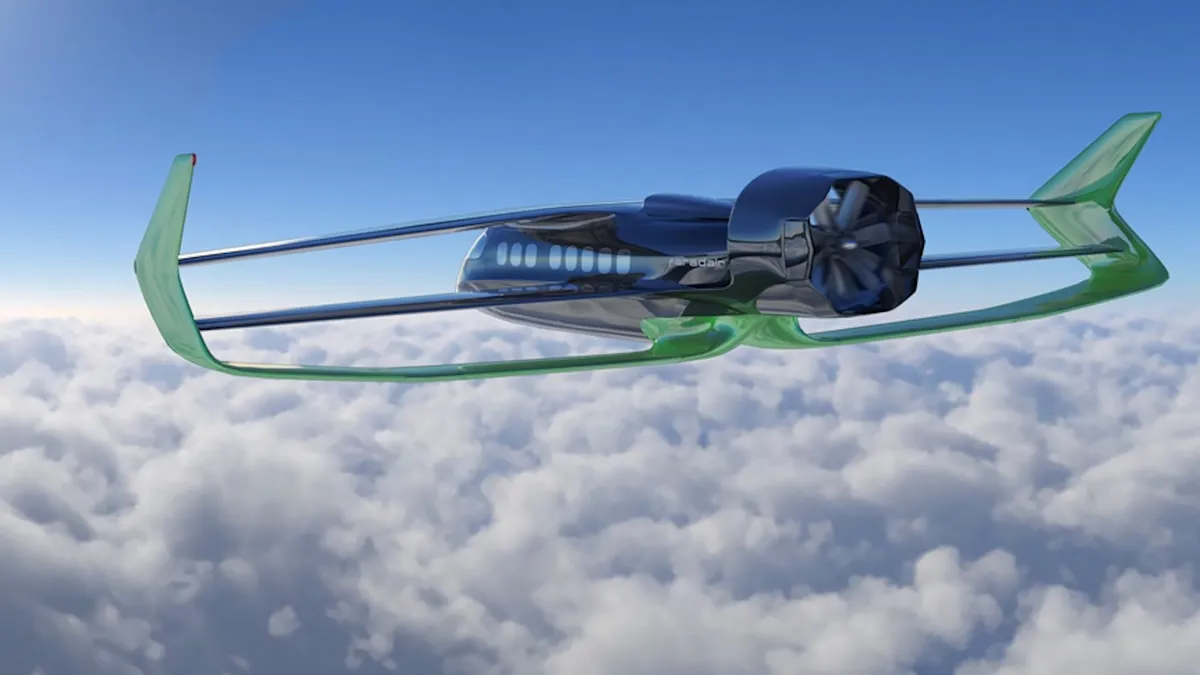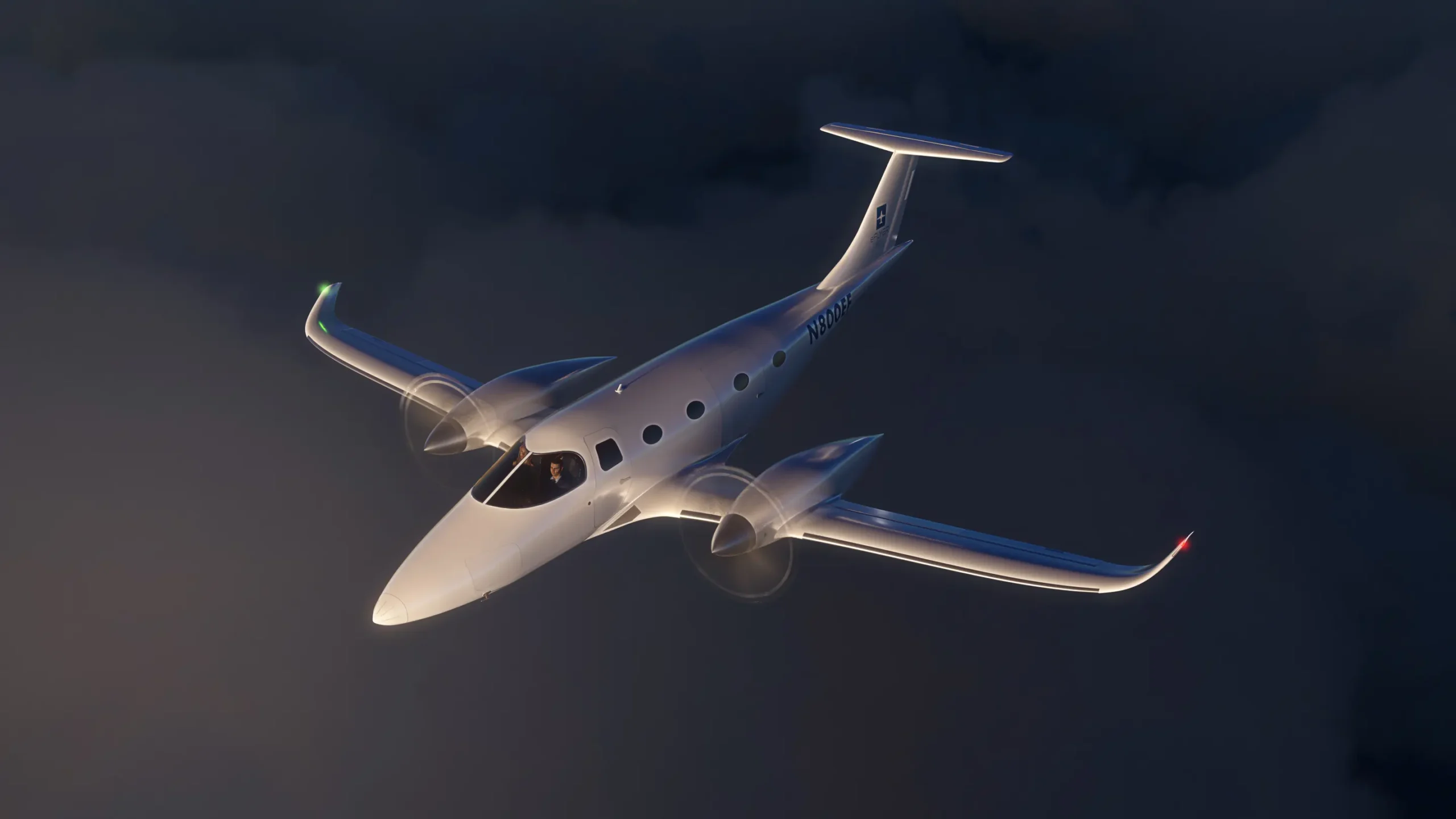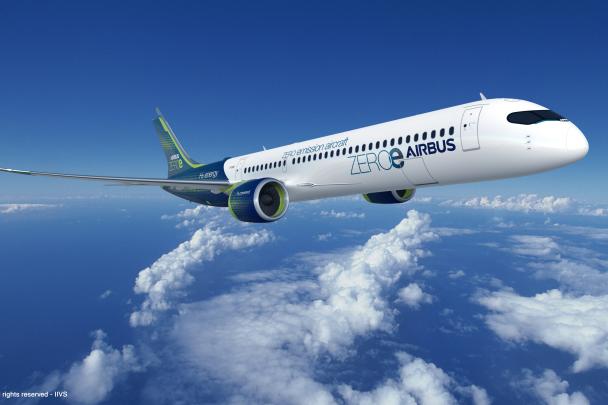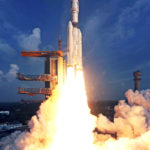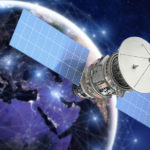RE: Is there any aerospace technology that will be magnificent ?
A small British start-up wants to make a small history as one of the pioneers of commercial electrified aviation. The company plans to develop and market hybrid-electric aircraft for the regional aviation market. It can accommodate up to 19 people and is powered by a fan powered by an electric motor. A small gas turbine provides the necessary power.
It also has a trilobate wing to increase lift and enable takeoff and landing from short runways. This makes it resemble a World War I fighter despite its cutting-edge aerodynamics.
Such aircraft have far fewer moving parts than traditional propeller aircraft and therefore have lower operating costs. It’s also much quieter and produces less emissions.
A fuel efficient, affordable, quiet and sustainable aircraft. On the other hand, in remote or inaccessible areas, such aircraft can become a lifeline for transportation on small runways, avoiding the need for large investments in roads and rail.
California start-up Wright Electric, for example, plans to operate a 100-seat all-electric aircraft by the mid-2000s. It is based on his existing Bae 146, replacing the four turbofan engines with electric motors.
The plane will be used on his one-hour flights, including London-Paris, New York-Washington and Hong Kong-Taipei, according to the company that partners with EasyJet.
However, in testing, the aircraft functions as a hybrid. Initially, only one of the four motors will be replaced with an electric motor. If the test is successful, the rest of the engines will follow.
According to Wright Electric CEO Jeffrey Engler, potential customers see this as a good approach once the aircraft goes into production. The main reason the aircraft are so difficult to electrify that even the best batteries have far less energy per kilogram than conventional aviation fuel and are too heavy to power long-range commercial aircraft.
“The specific energy of today’s batteries is far from what is needed.” has been researching the potential of electric and hybrid aviation since the mid-1990s, and over a decade ago the first 2 I flew the e-Genius, a human-riding electrical testing machine.
He believes that today’s technology will make it possible to build small, lightweight electric planes with up to six seats.
It is possible to build a pure battery-powered large commuter plane with up to 19 seats, but that is “the limit of what is currently feasible”.
Alice, his nine-seater aircraft developed by the Israeli company Eviation, fits into this category. The aircraft, which has been in development for several years, is said to be capable of flying up to 600 miles on electricity alone. Anything larger than the must be a hybrid, combining an electric motor with a conventional engine or an on-board generator. Both types of aircraft have the potential to build new air traffic networks. Small all-electric aircraft carry passengers in short hops from local airports to regional hubs. Large hybrid aircraft are available and can be used for trips up to 500 km.
“There will be a denser air traffic network,” he explains. “Most useful in areas like Scandinavia and in mountainous areas where high-speed rail networks cannot really be built. Eviation is planning its first test flight with Alice, the E-Fan X, this summer. As with the existing light electric project on the Bae 146-base.
However, this program was discontinued after three years. Sandra Borscheffer, her CEO of Airbus UpNext, which is responsible for researching new technologies, believes the decision was right.
“Our goal is to be carbon neutral by 2050,” she says. In the short term, the company will use renewable resources and sustainable aviation fuel from waste. and focus on reducing emissions. Airbus is also eyeing the use of hydrogen to power a new generation of clean aircraft.
“Our goal is to have the first zero-emission hydrogen-based commercial aircraft on the market by 2035,” she explains.
“I already have a team working on cryogenic and superconducting technology. The following are currently under investigation.”


